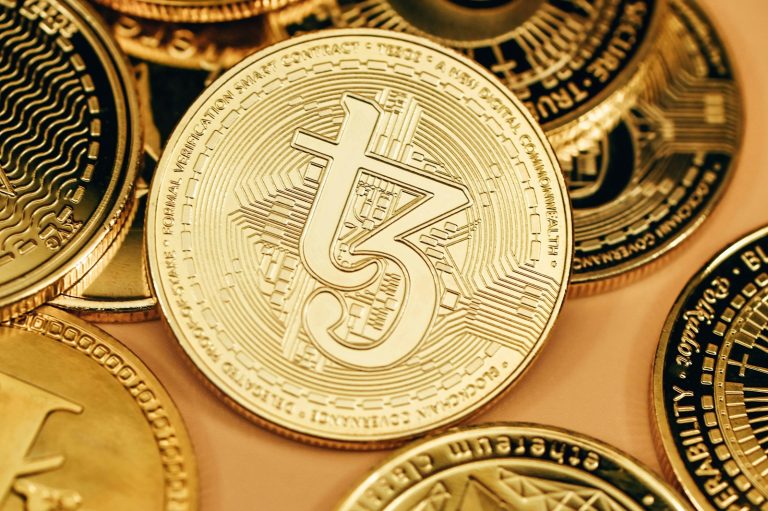Rethinking Blockchain Transaction Validation
Transaction validation is the cornerstone of blockchain technology, ensuring the integrity and security of transactions. The evolution of blockchain began with Bitcoin’s Proof-of-Work (PoW) model, which relied on miners and extensive computational power to validate transactions. As blockchain technology advanced, Proof-of-Stake (PoS) emerged, offering a more energy-efficient alternative by replacing miners with validators. Despite its advantages, PoS still faces challenges in scalability and transaction speed, especially during periods of high network activity.
The Scalability Issue in Traditional Blockchain Networks
Scalability has long been a significant hurdle for blockchain networks. Traditional blockchains like Bitcoin and Ethereum process transactions sequentially, leading to network congestion as transaction volumes increase. For instance, Ethereum’s transition from PoW to PoS has improved scalability, but it has not eliminated the issue entirely. The linear processing model restricts transaction throughput, resulting in slower confirmation times, higher fees, and inefficiencies in decentralized applications (dApps), especially in sectors like decentralized finance (DeFi) and gaming.
dApps, including those in DeFi and blockchain gaming, demand high transaction speeds and scalability to thrive. Without efficient transaction validation, these platforms struggle with delays, unreliable performance, and exorbitant costs, limiting their potential for widespread adoption.
BlockDAG: A Hybrid Consensus for the Future of Blockchain
Enter BlockDAG, a revolutionary approach that integrates the best of PoW and PoS while offering a radically different solution. BlockDAG’s unique consensus mechanism combines parallel transaction validation with enhanced scalability, security, and efficiency. This hybrid system solves the scalability issues faced by traditional blockchains by allowing multiple transactions to be processed simultaneously, unlike the sequential nature of Bitcoin and Ethereum’s blockchains.
How BlockDAG Works: Speed, Security, and Scalability
The key innovation in BlockDAG’s structure is the Directed Acyclic Graph (DAG), which enables parallel processing of transactions. This approach eliminates the bottlenecks associated with linear blockchains, enabling transactions to travel along multiple interconnected paths at once. In contrast to traditional blockchains, where each transaction is processed one after the other, BlockDAG’s model significantly boosts throughput, reduces congestion, and enhances overall performance.
Consider a decentralized exchange (DEX) built on BlockDAG. During a market surge, traditional blockchains might face delays and high fees, creating friction in trading. However, a DEX using BlockDAG’s parallel processing could handle increased transaction volumes with ease, providing seamless trading experiences for users.
BlockDAG’s Impact on DeFi and Blockchain Gaming
The scalability and speed offered by BlockDAG could revolutionize decentralized finance and blockchain-based gaming. DeFi applications require high-speed transactions to operate smoothly, while blockchain games need a robust network to manage thousands of in-game interactions in real time. BlockDAG’s parallel processing ensures that these applications can scale effectively without compromising performance.
As demand for reliable, scalable networks grows, BlockDAG positions itself as a leading solution for industries relying on blockchain technology. With its innovative approach, it is poised to meet the challenges of a rapidly expanding market.
The Future of BlockDAG
The rise of BlockDAG has garnered significant attention in the blockchain community. The 2024 market boom has highlighted the need for scalable blockchain solutions, and BlockDAG is well-positioned to fill this gap. With millions of new users joining the ecosystem and the rapid adoption of dApps, the demand for a high-performance, scalable network has never been higher. BlockDAG’s unique ability to handle large transaction volumes efficiently makes it a strong contender for the next generation of blockchain platforms.
BlockDAG’s Promise for the Future of Blockchain
As the blockchain space continues to evolve, scalability and speed will be key drivers of success. BlockDAG’s innovative approach to transaction validation offers a solution to the limitations of traditional blockchains. With its hybrid consensus mechanism and parallel processing capabilities, BlockDAG is set to revolutionize the blockchain landscape and unlock new possibilities for decentralized applications, from DeFi to gaming.


